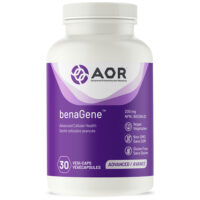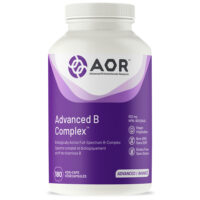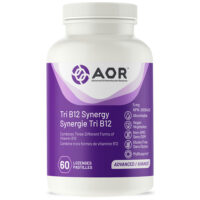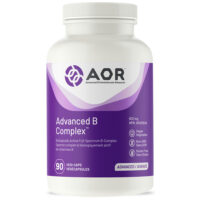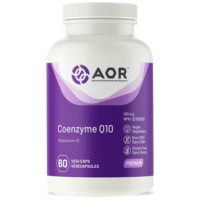According to the dictionary, proteins are: “fundamental components of all living cells and include many substances, such as enzymes, hormones, and antibodies that are necessary for the proper functioning of an organism. They are essential in the diet of animals for the growth and repair of tissue and can be obtained from foods such as meat, fish, eggs, milk, and legumes.” Raw milk is high in protein and here are the reasons why raw milk may be a healthy alternative.
Raw milk contains all the amino acids we need and since proteins consist of amino acids, it follows that we need amino acids to build protein. These proteins allow for easy absorption of iron, have anti-cancer properties, and anti-viral properties. They also help prevent bacteria from forming on the teeth, which can cause cavities.
In addition, the protein in raw milk can rid the body of “bad” bacteria and provide antibodies that play an important role in resisting viruses and toxins. These proteins have also been known to decrease the symptoms of asthma.
It should be noted here that pasteurizing milk not only destroys the “good” bacteria and other necessary nutrients, but significantly reduces the overall amount of protein in the milk.
To further delineate the importance of protein in milk, take a look at a label on a carton of regular milk and 1% milk. The protein amount is 16% or 8 grams for both. In raw milk, the protein is 80% casein. What is casein? It is the protein consisting of amino acids which are digested at a slower rate. This is important because it releases the amino acids over a seven-hour period. The whey protein in raw milk is 20%, and its amino acids are released within an hour.
Why is slow amino acid release so important? Ask any body-builder and he will tell you that it allows for increased muscle growth which is based upon how well protein breaks down in the body. The slower the body absorbs the protein, the less likely the protein will be suppressed.
Other important components of raw milk are enzymes which are made up of different kinds of proteins. One enzyme found in raw milk, for example, acts as an anti-bacterial agent.
While we know that pasteurized milk is void of some of the necessary nutrients and enzymes that are most beneficial to the body, raw milk contains protein and enzymes as well as vitamins necessary to maintain one’s overall health. Remember, too, that bacteria in raw milk also serves as a protective agent against pathogens.


